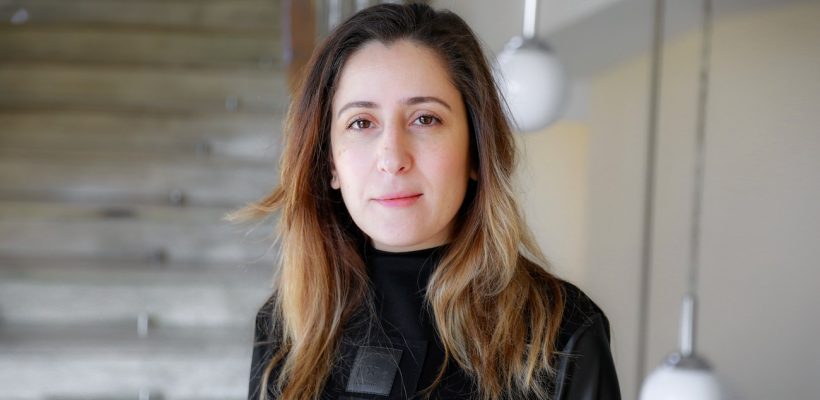
Tatevik Kolarski (CTr. ‘22) Publishes Paper on Armenian Translation of Alice Munro
2 min readYEREVAN, Armenia — Tatevik Kolarski (CTr. ‘22), a current student in the Certificate in Translation program of the American University of Armenia (AUA) has recently published her research paper titled “Alice Munro’s Short Story Amundsen and its Translation into Armenian by Anna Davtyan” in the Armenian literary publication Granish. The Editor-in-Chief of Granish Hasmik Hakobyan thanked Tatevik for the collaboration, remarking that comparative analyses of translations are important for the Armenian literary community.
The paper analyzes the Armenian translation of “Amundsen” from Alice Munro’s collection of short stories “Dear Life” published in Armenian by Zangak Publishing House. This is the first Armenian translation of the Canadian author, introducing Munro to the Armenian reader. This also is Davtyan’s first major work as a translator. Anna Davtyan is better known as a poet and writer; her recent publications include an Armenian-English bilingual book of poems titled “Book of Gratitude,” and her novel, “Khanna.”
Davtyan’s translation of Munro is followed by an essay titled “T is for Translation,” in which the author provides a brief but substantive overview of the most significant translation theories, describing and supporting her favored strategy and her agenda as a translator. As Tatevik notes in her research paper, “A rare find, Anna Davtyan’s essay gave me the unique opportunity to see how translation theory and practice are related, and how differently a writer may approach translation.” She adds, “I was lucky to receive from Anna her draft translation with her editor’s notes and compared it to the published text with traces of the publisher’s interference. As a reader of Anna Davtyan’s prose, I am drawn to her gift of taming the language and pushing its conventional boundaries, her courage to sound different and dismiss fluency, ‘immediate intelligibility,’ the ubiquitous argument — ‘that’s not how you say it in Armenian.’”
As Tatevik concludes in her paper, while comparing the original story and its translation, she came to realize that there is not much freedom or originality one can entertain in a literary translation, which, as she affirms, is in line with Davtyan’s own idea of the translation process. “I was curious to see how challenging it is for a translator, who is also a writer, to mute herself in someone else’s domain. While Anna wishes she had applied the literal translation approach more consistently, it is doubtful as to whether such a translation would have ever been published,” she sums up.
Founded in 1991, the American University of Armenia (AUA) is a private, independent university located in Yerevan, Armenia, affiliated with the University of California, and accredited by the WASC Senior College and University Commission in the United States. AUA provides local and international students with Western-style education through top-quality undergraduate, graduate, and certificate programs, promotes research and innovation, encourages civic engagement and community service, and fosters democratic values.
